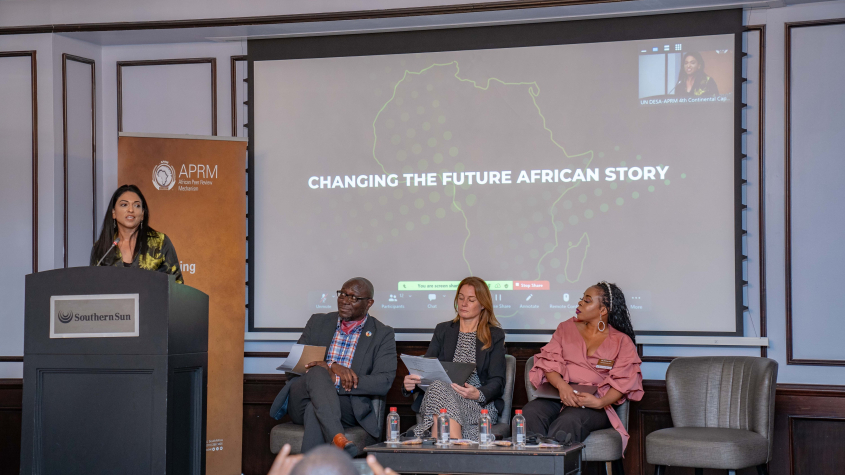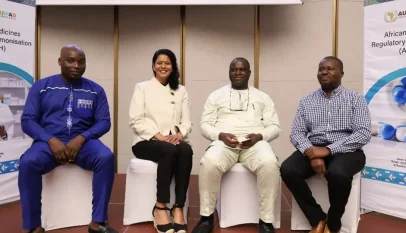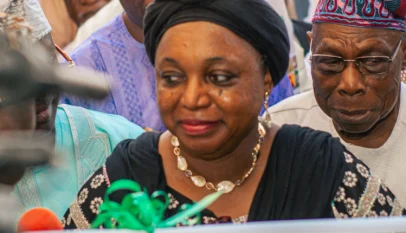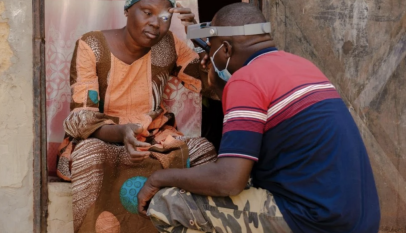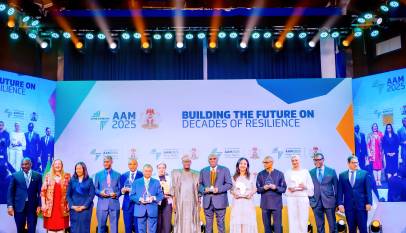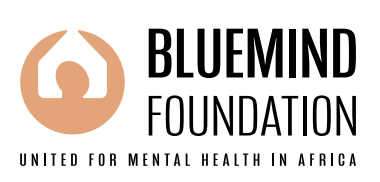BLOG| Agenda 2063, AU Free Movement Protocol and Botswana-Namibia Visa Abolition
Yavi Madurai blogs about the need for alignment between the United Nations Agenda 2030 and the African Union’s Agenda 2063 for more effective implementation of the latter’s projects and initiatives, such as the African Continental Free Trade Area (AfCFTA) and the AU Free Movement Protocol (AU-FMP).
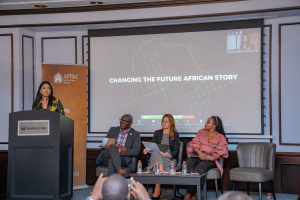
The African Union’s African Peer Review Mechanism (APRM) and the United Nations Department of Economic and Social Affairs (UN DESA) hosted their 4th Continental Capacity Building Workshop on the Committee of Experts on Public Administration (CEPA) principles between Thursday and Friday (today) in Cape Town, South Africa.
CEPA is a UN technical advisory body that studies and makes recommendations to improve governance and public administration structures and processes for sustainable development. The focus of the workshop was the implementation of the Sustainable Development Goals (SDGs) and Agenda 2063, which I like to refer to as the African Development Goals, or ADGs, for short.
Considering the fact that 2023 marks the end of the First Ten Year Implementation Plan (FTYIP) of Agenda 2063, during which a review of the FTYIP was carried out and the Second Ten Year Implementation Plan is being designed, the CEPA principles workshop sought to unpack the details of the review and explore what the next ten years will be for Agenda 2063.
One of my pet hates is the fact that Africans know so much about the SDGs but almost nothing about our own Agenda 2063, which is not only older than the SDGs but also inspired the creation of the SDGs. Therefore, whenever I find myself on a podium speaking to Africans, I get tempted to ask the question: How many aspirations are there in Agenda 2063, or which of its aspirations aligns with the topic of our discussion that day?
The responses I get from these questions are almost always disappointing!
Let’s go back to the CEPA workshop. Even though it was co-convened by APRM and UN-DESA, discussions at the workshop were unfortunately very heavily skewed towards the UN’s Agenda 2030—to the detriment of Agenda 2063! Maybe this was also because there are so many monitoring and reporting mechanisms on the SDGs and very few about Agenda 2063.
Could it also be because the SDGs are a 15-year plan while Agenda 2063 is a 50-year plan? In fact, some believe the fact that Agenda 2063 is such a long-term plan makes it difficult to hold policymakers accountable for the framework. Some mischief makers even argue that the AU made it so simply because they don’t want to be held accountable for it. Balderdash!
The reality is that whereas SDGs are being driven by the world’s richest countries, Agenda 2063 is being driven by resource-constrained African countries whose leaders are barely able to fund their National Development Plans (NDPs), not to mention a continental agenda.
As such, there are so many ‘maybes’ as to why Africa is unable to fund Agenda 2063. Yet, I am of the opinion that it’s also about African countries’ lack of commitment to integrate Agenda 2063 into their NDPs. As Africans, we are (in)famous for our lack of commitment to our own policies. We are good at developing excellent plans but always fail to execute them. Execution has always been our biggest handicap.
Fact!
Now, my biggest takeaway from the workshop is that we must avoid pitting Agenda 2030 and Agenda 2063 against each other. Rather, we should find a strategy for aligning them and get AU Member States to integrate them into their NDPs for effective implementation. Yet, a pleasing takeaway from the workshop was the news that some Member States were already integrating Agenda 2063 into their NDPs.
To this end, Ms Modiegi Ngakane, the Interim Assistant Commissioner General of Botswana’s National Planning Commission, reported that, as an outcome of their efforts to integrate Agenda 2063 into their NDPs, they abolished the use of passports for travel between Namibia and Botswana. Citizens of both countries can simply use their national IDs.
As an advocate of the AU’s Free Movement Protocol, this development points to two very critical issues for me:
- When Member States rely on true facts about free movement in Africa (and not stereotypes and perceptions about it), they will begin to see the FMP not as a bad policy that will create problems for them, rather as a means to create economic prosperity.
- Aligning NDPs of Member States to Agenda 2063 leads to immediate rewards, looking at the Botswana-Namibia case. The two countries seem to be happy with the decision to allow their citizens to freely travel across their borders, based on verifiable evidence of benefits accrued to them since this landmark decision.
Africa’s integration is the basis of Agenda 2063. And both the AfCFTA and FMP are initiatives under Agenda 2063, whose Aspiration 2 calls for “An integrated continent, politically united and based on the ideals of Pan-Africanism and the vision of Africa’s Renaissance.” This vision is built on the premise of the African Renaissance and the spirit of Pan-Africanism.
I attended the APRM-UN-DESA workshop in my capacity as a member of the General Assembly of the African Union ECOSOCC, where I participated in a panel discussion on “Regional Support to Sound Policymaking for effective implementation of the 2030 Agenda and Agenda 2063”.
Our panel essentially discussed the challenges and opportunities within policymaking for achieving sustainable development in Africa. More specifically, it focused on the role of Civil Society Organisations (CSOs) in the effective monitoring and evaluation of Agenda 2030 and Agenda 2063. It therefore explored specific gaps in the M&E process for the two landmark frameworks and how CSOs can close the gaps through proper tracking and reviews.
To assist African CSOs in the tracking of Agenda 2030 and Agenda 2063, AU ECOSOCC will be launching a CSO M&E toolkit to guide civic organisations in the monitoring and evaluation of the two agendas in their respective Member States. Subsequently, the data gathered through the toolkit will be utilized to create the African State of Civil Society Report by ECOSOCC.
To entrench accountability in the implementation of these vital frameworks, CSOs should be at the center of their implementation, working closely with national governments. This will certainly be a game-changer and herald a new era of African citizens holding their leaders accountable, particularly for Agenda 2063.

